EU STRONGLY OPPOSES US'S DOUBLE STEEL TARIFF PLAN, RREEKS STRAIN ON TRANSATLANTIC TRADE
- by John, United Kingdom, RNG247
- about 5 months ago
- 93 views
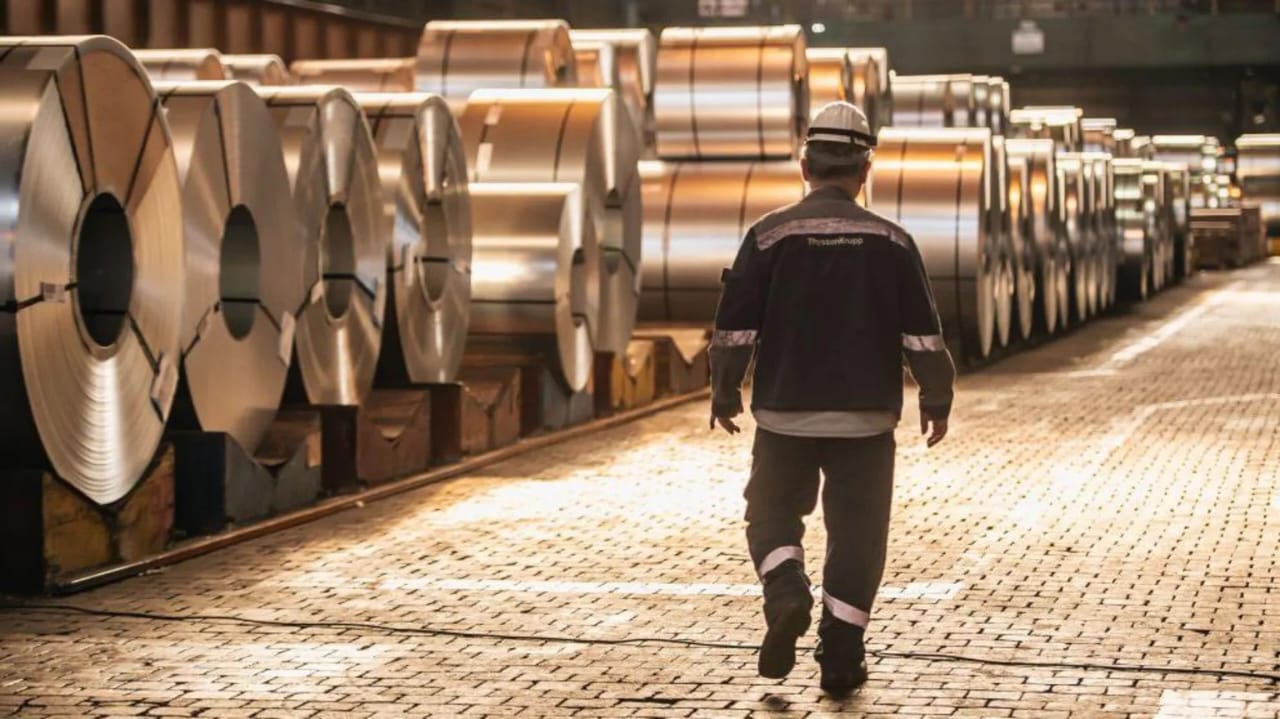
In a striking development that threatens to derail ongoing trade negotiations, the European Union has condemned the United States’ abrupt decision to double tariffs on steel and aluminum imports. Announced by President Donald Trump during a rally in Pittsburgh, the move will see tariffs jump from 25% to 50%, igniting concern among global markets and trade partners.
Speaking to a packed crowd of steelworkers, Trump justified the escalation by claiming that higher tariffs would bolster the U.S. steel industry and ensure supply security, especially in light of competition from China. The president also highlighted plans to invest $14 billion in U.S. steel production, a commitment heralded with promises of no layoffs and bonuses for American steelworkers. However, Trump later clarified that the details of this investment, in partnership with Japan’s Nippon Steel, had yet to be finalized or approved.
The European Commission responded swiftly, expressing strong regret over the decision. In a statement issued Saturday, the EU’s executive body emphasized that the tariff increase disrupts ongoing negotiations aimed at resolving trade disputes. "This decision adds further uncertainty to the global economy and increases costs for consumers and businesses on both sides of the Atlantic," the statement read. It also warned that the EU is prepared to impose retaliatory measures if necessary, having previously paused such efforts to facilitate dialogue.
The EU's reaction underscores the growing tension between the two economic behemoths amid fears that the tariff hike could trigger a trade war. The EU had been cautiously optimistic about reaching a deal to settle tariffs on steel and aluminum, especially after the bloc temporarily suspended countermeasures in April to foster negotiations. Instead, Trump’s announcement appears to have dashed those hopes.
The United States’ move also raises concerns for the UK, which recently secured a trade agreement with the U.S., though it remains unsigned. UK steelmakers described the tariff hike as “yet another body blow” to their struggling industry. A government spokesperson acknowledged ongoing discussions with the U.S. to clarify the implications of the escalation, seeking to shield UK industry from further harm.
The decision to double tariffs coincides with a broader context of trade turbulence. Since re-entering office in January, Trump has frequently adjusted his approach to tariffs and trade negotiations, often raising fears of protectionism. His earlier proposals included a 20% tariff on EU goods, which was temporarily reduced to 10% in an effort to keep negotiations alive. The president initially threatened to escalate tariffs to 50% as early as June 1 but extended the deadline following a call with European Commission President Ursula von der Leyen.
Notably, Trump’s announcement comes amid a legal debate over the authority to impose certain tariffs, with a recent court ruling allowing a lawsuit challenging some of his broader trade tariffs to proceed. However, steel and aluminum tariffs have so far remained unaffected by this legal scrutiny.
Industry insiders warn this aggressive tariff strategy risks prolonged trade disputes that could ripple across global markets. Analysts point out that the US’s dependence on imported steel—about a quarter of its supply—makes it vulnerable to retaliatory measures and supply chain disruptions. Meanwhile, China, India, and Japan continue to dominate global steel production, further complicating the landscape for American manufacturers.
As the world watches with bated breath, the prospect of escalating tariffs signals a potential departure from previous efforts at diplomatic resolution. With neither side signaling a clear path forward, the encore to this economic saga remains uncertain—yet unmistakably tense.



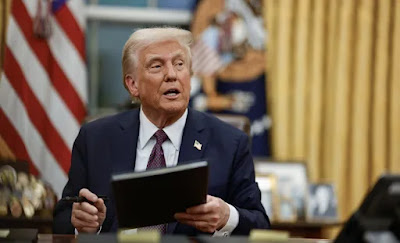

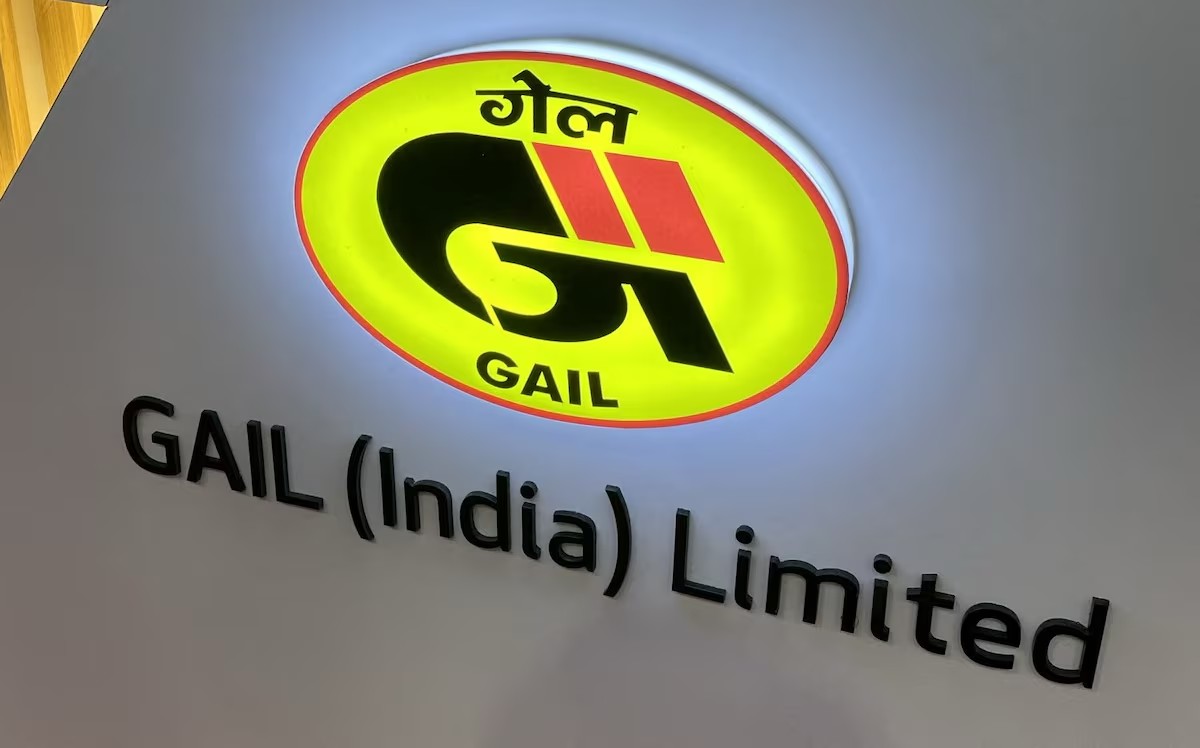
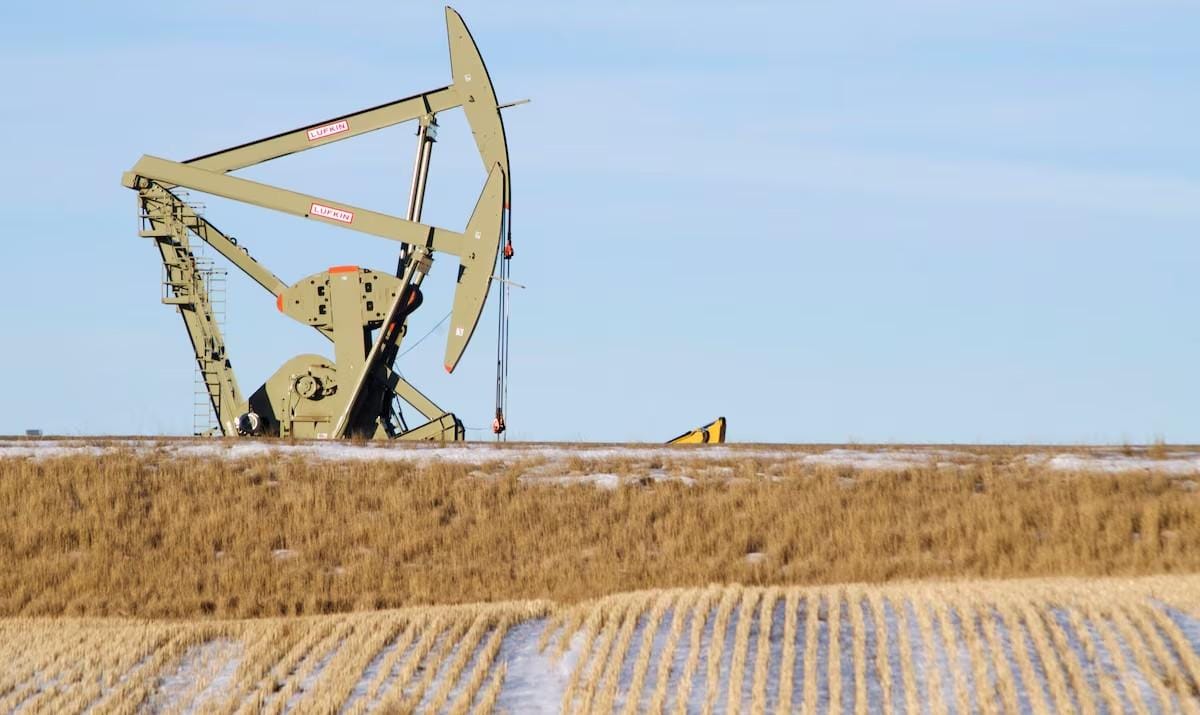
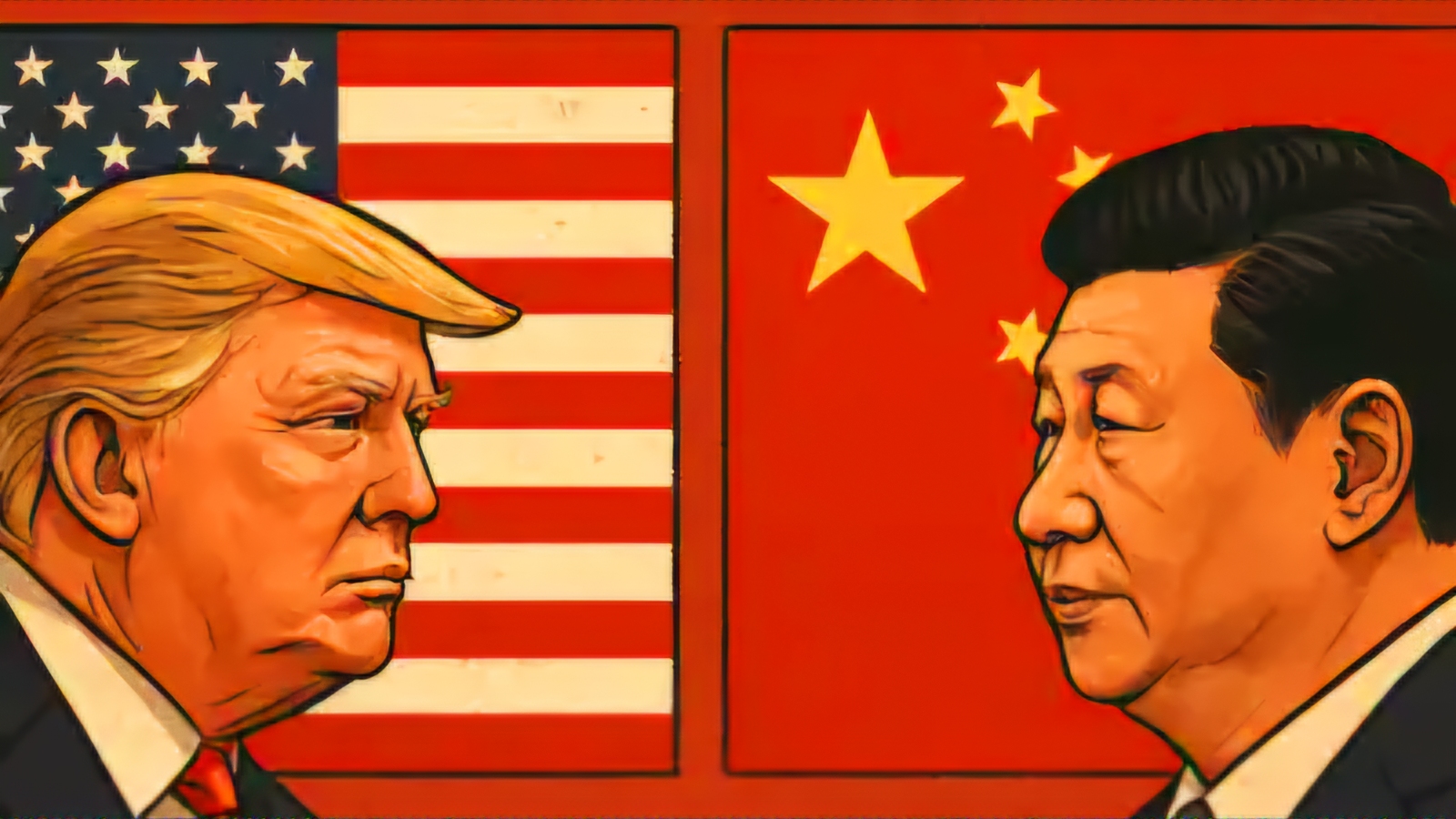
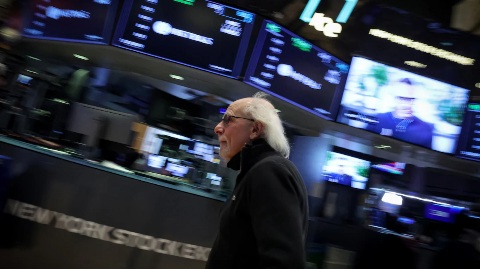
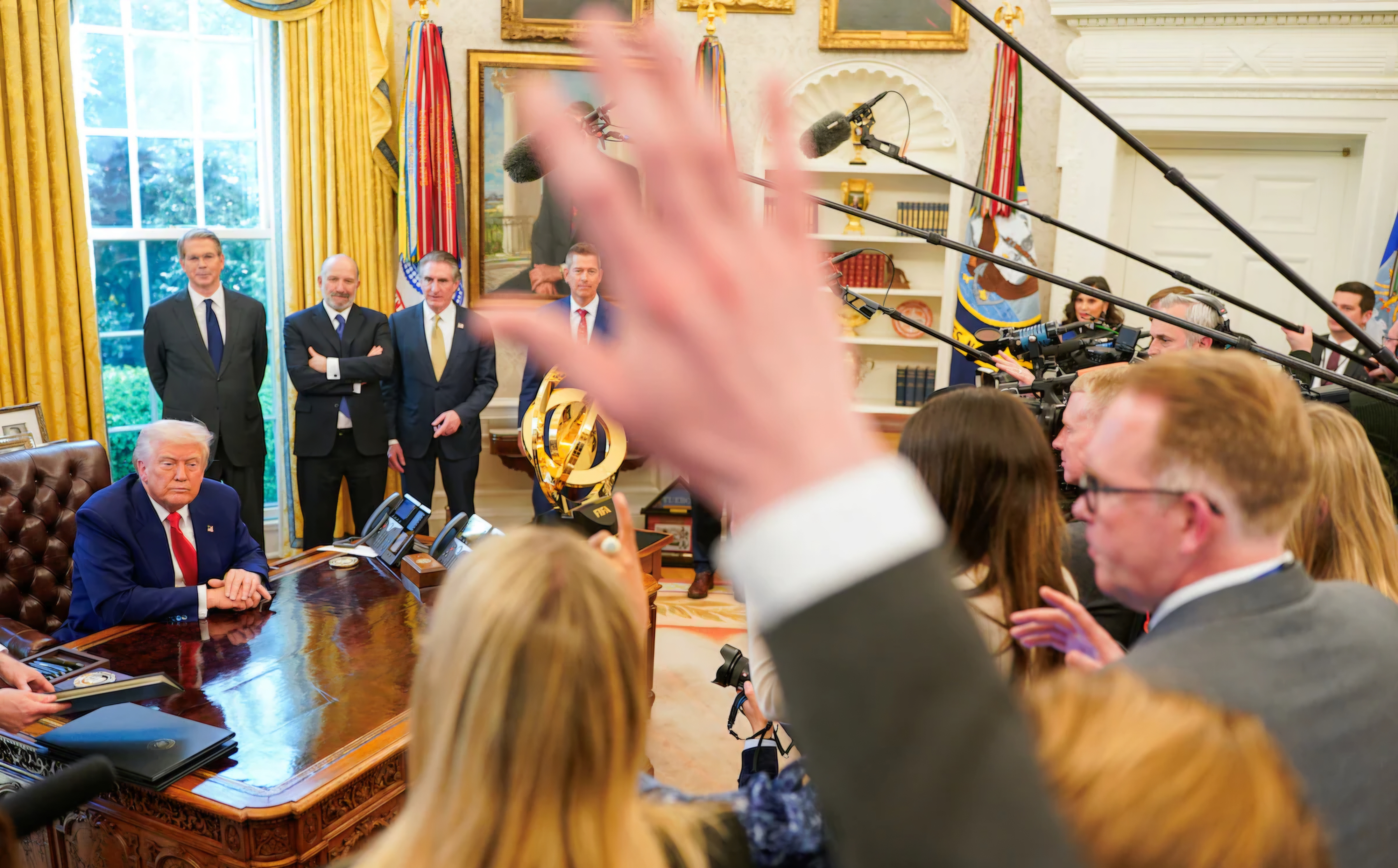
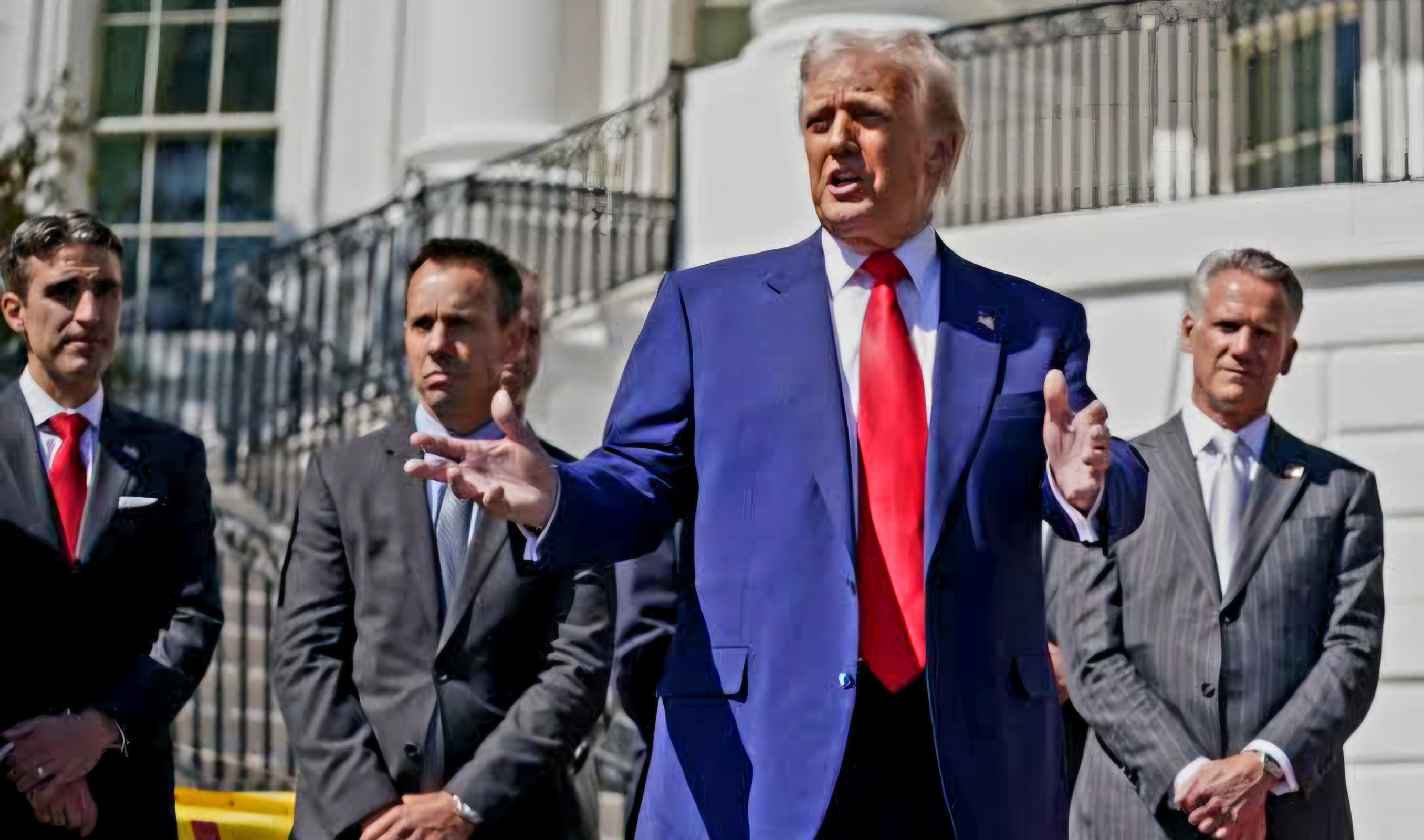
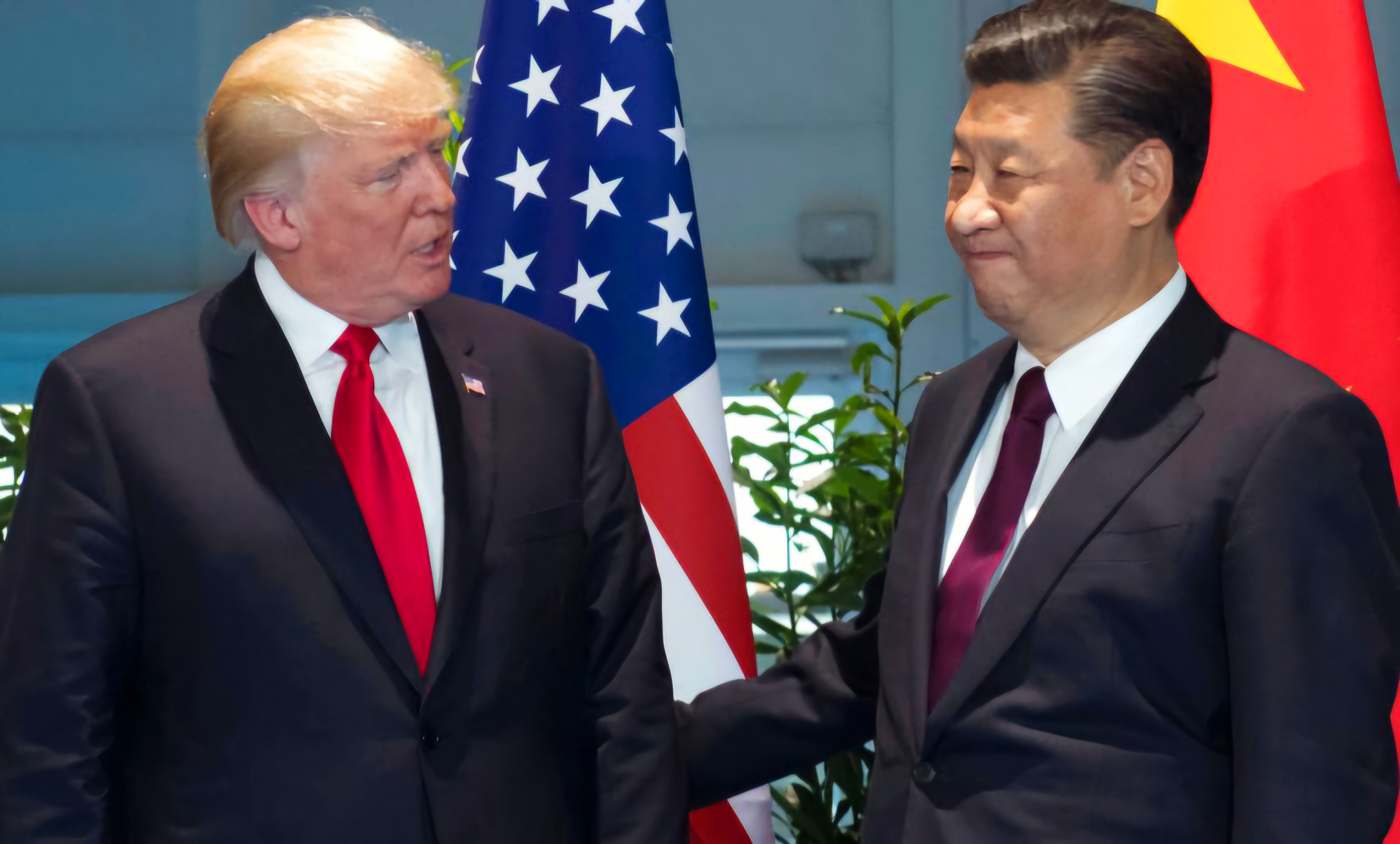
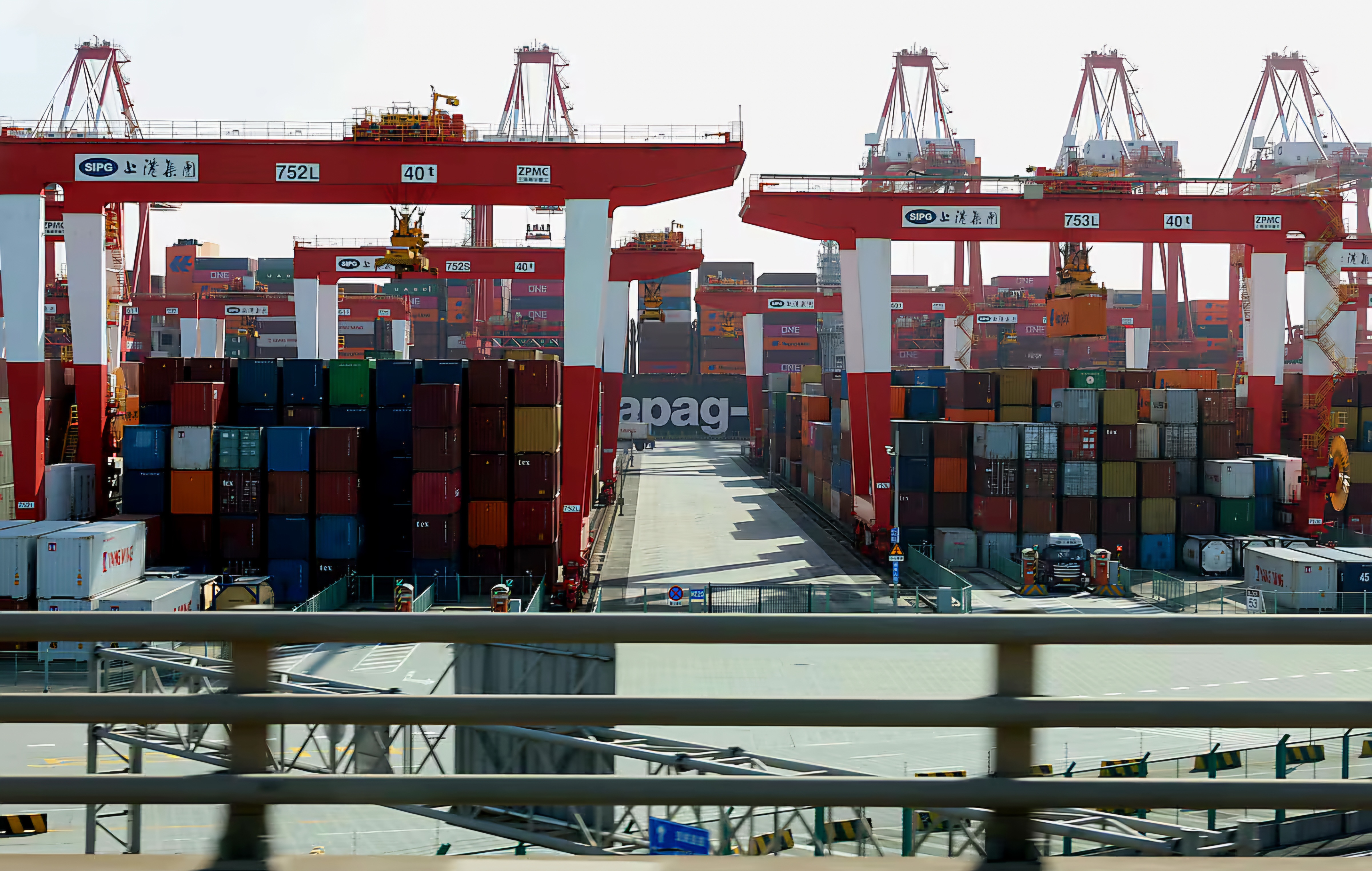
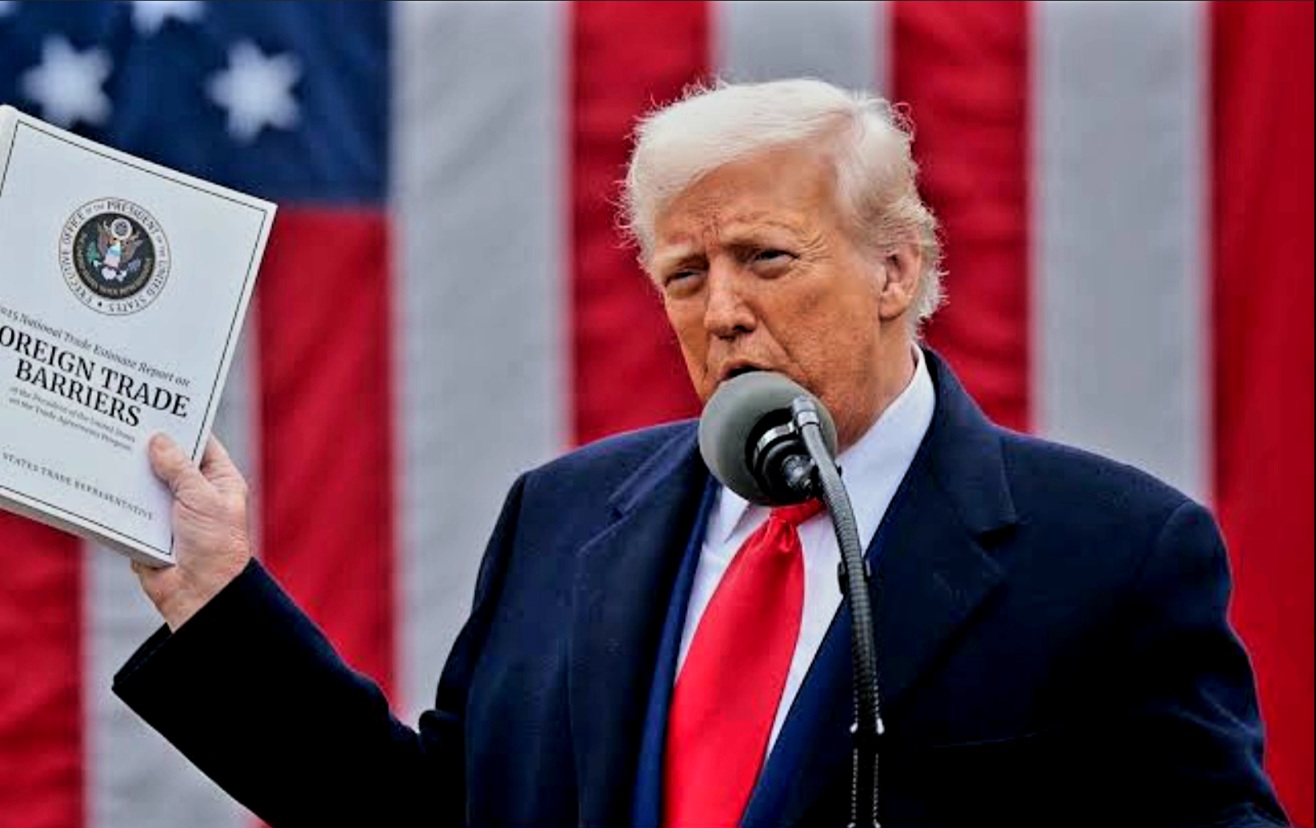
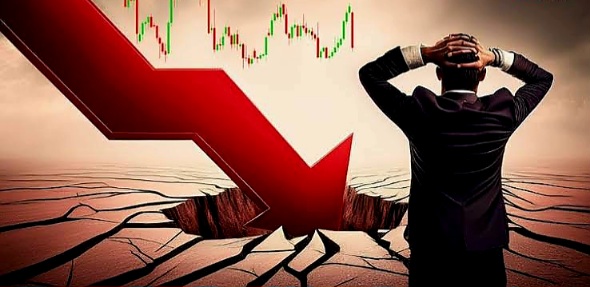

0 Comment(s)